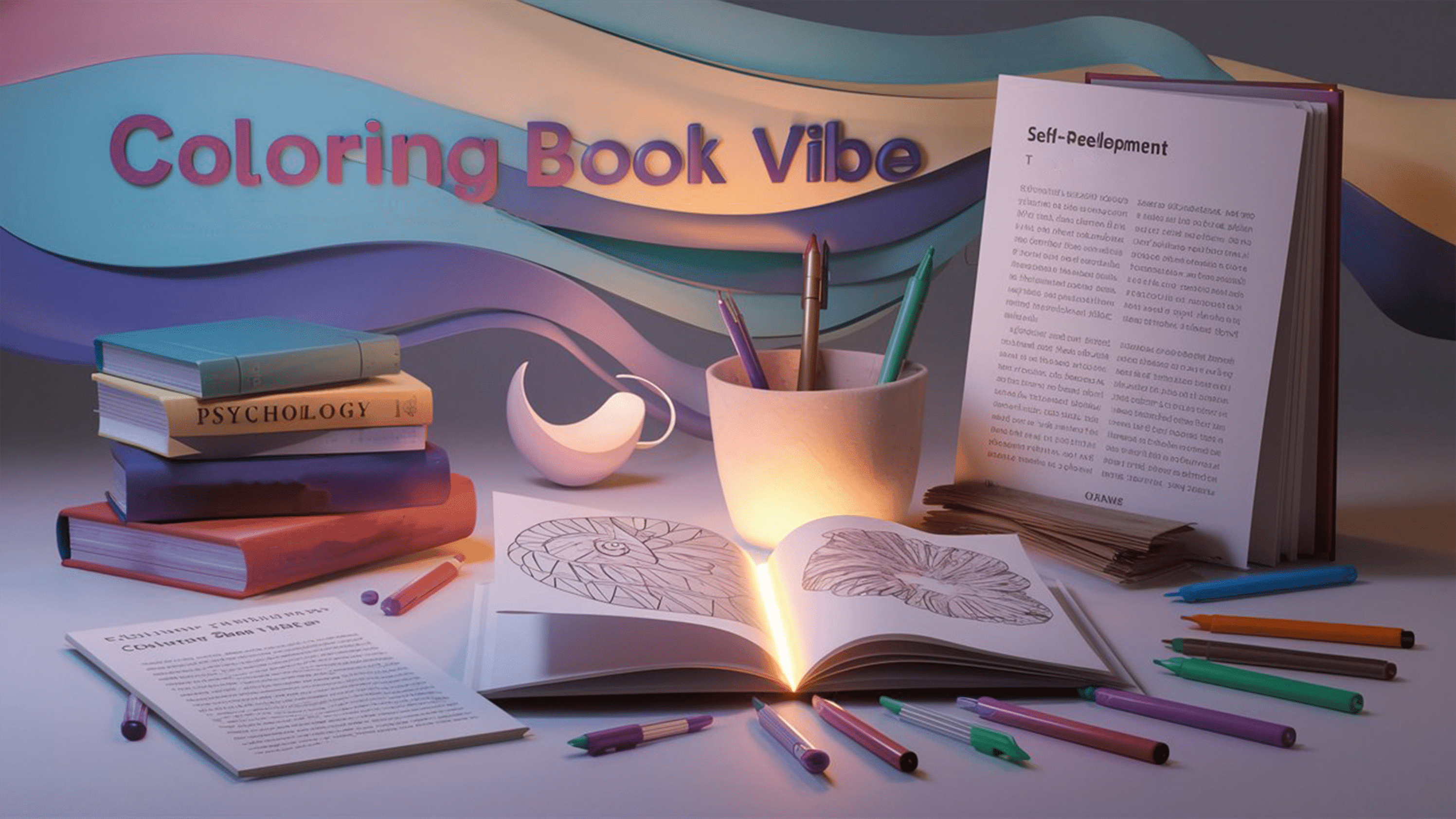Emotional intelligence (EI), often referred to as emotional quotient (EQ), plays a crucial role in our ability to navigate life’s challenges, build meaningful relationships, and achieve personal and professional success. While IQ measures cognitive abilities, EQ is about understanding and managing emotions—both our own and those of others. It involves skills like empathy, self-awareness, and emotional regulation, all of which are essential for healthy interpersonal interactions and personal growth.
This guide will explore the concept of emotional intelligence, its components, and how improving EQ can lead to better relationships and heightened self-awareness.
1. What is Emotional Intelligence?
Emotional intelligence is the ability to perceive, understand, manage, and regulate emotions in ourselves and others. It was popularized by psychologist Daniel Goleman in the 1990s, who identified five key components of emotional intelligence that contribute to personal and social effectiveness:
1.1 Self-Awareness
Self-awareness is the ability to recognize and understand our own emotions. It involves being mindful of how our feelings affect our behavior and decisions, and how we are perceived by others. People with high self-awareness are able to reflect on their emotional states and understand the root causes of their emotions.
- Example: Someone who is self-aware might realize that they are feeling stressed and, instead of lashing out at a colleague, they take a step back to cool off and handle the situation more calmly.
1.2 Self-Regulation
Self-regulation is the ability to manage and control our emotions in healthy ways. It’s about staying in control during difficult situations and preventing negative emotions from dictating our actions. Self-regulated individuals think before they act and can respond to challenges with a level-headed, measured approach.
- Example: Instead of reacting impulsively to an upsetting comment, someone with strong self-regulation might pause, consider their options, and respond in a way that de-escalates the situation.
1.3 Motivation
People with high emotional intelligence are often intrinsically motivated. They pursue goals with passion and are driven by internal rewards, such as personal satisfaction or a sense of accomplishment, rather than external rewards like money or status.
- Example: An emotionally intelligent individual may stay focused on a challenging project because of the personal growth it offers, rather than because of a financial incentive.
1.4 Empathy
Empathy is the ability to understand and share the feelings of others. It allows us to connect with people on an emotional level, making it easier to build trust and foster healthy relationships. Empathetic individuals are skilled at reading social cues, recognizing the emotions of others, and responding with compassion.
- Example: If a friend is going through a difficult time, an empathetic person will listen attentively and offer support without judgment, helping the friend feel understood and valued.
1.5 Social Skills
Strong social skills are essential for effective communication and relationship-building. They involve the ability to navigate social situations, manage conflicts, and work well with others. People with high emotional intelligence excel in collaboration, negotiation, and leadership.
- Example: In the workplace, someone with good social skills might mediate a conflict between colleagues, finding a solution that benefits everyone and preserves team harmony.
2. Why is Emotional Intelligence Important?
Emotional intelligence impacts nearly every aspect of life, from personal relationships to professional success. Research has shown that individuals with high emotional intelligence are more likely to excel in leadership roles, maintain positive relationships, and have better mental health. Here’s why emotional intelligence is so important:
2.1 Enhances Interpersonal Relationships
High emotional intelligence allows for deeper, more meaningful connections with others. It helps people communicate more effectively, navigate social complexities, and manage conflict with greater ease. This leads to healthier, more satisfying relationships, both personally and professionally.
- Example: In a romantic relationship, emotional intelligence can help partners understand each other’s emotional needs and respond with empathy, leading to stronger, more supportive bonds.
2.2 Improves Self-Awareness and Personal Growth
Self-awareness, a key component of emotional intelligence, promotes personal growth by helping individuals understand their strengths, weaknesses, and emotional triggers. This understanding allows people to work on areas for improvement and make conscious choices that align with their values and goals.
- Example: Someone who is aware that they tend to get defensive during criticism can work on responding more openly and constructively, improving their relationships and personal development.
2.3 Boosts Professional Success
Emotional intelligence is highly valued in the workplace, where collaboration, leadership, and communication are essential. Leaders with high emotional intelligence are better equipped to inspire and motivate their teams, manage stress, and make sound decisions under pressure. Additionally, employees with high EQ tend to navigate office dynamics more effectively, contributing to a positive work environment.
- Example: A manager with high emotional intelligence might be able to recognize when their team is feeling overwhelmed and take proactive steps to reduce stress and maintain morale.
2.4 Enhances Emotional Regulation and Stress Management
People with high emotional intelligence are better at managing stress and staying calm under pressure. They can regulate their emotions in a way that prevents them from feeling overwhelmed or out of control, which is essential for maintaining mental and emotional well-being.
- Example: During a crisis, someone with strong emotional regulation might stay calm and focused, allowing them to think clearly and make effective decisions.
3. How Emotional Intelligence Improves Relationships
Building and maintaining healthy relationships requires emotional intelligence. Here’s how each component of EQ contributes to better relationships:
3.1 Self-Awareness in Relationships
Self-awareness allows individuals to understand how their emotions and behaviors impact others. It helps them recognize when they are being reactive or defensive, and make adjustments that foster healthier interactions.
- Example: If you notice that you’re feeling irritable, self-awareness allows you to acknowledge those feelings and communicate with your partner in a way that avoids unnecessary conflict.
3.2 Empathy for Stronger Connections
Empathy is essential for building trust and understanding in relationships. When people feel that their emotions are validated and understood, they are more likely to open up and form deeper connections.
- Example: Empathetically listening to a friend’s concerns, without interrupting or offering solutions right away, can make them feel heard and supported.
3.3 Social Skills for Effective Communication
Strong social skills enhance communication and help people navigate conflicts in a way that strengthens, rather than harms, relationships. People with high EQ are adept at reading social cues and adjusting their communication style to suit different situations.
- Example: In a workplace setting, someone with good social skills might resolve a team conflict by facilitating a conversation where everyone feels heard and respected, leading to a collaborative solution.
4. How to Develop Emotional Intelligence
While some people are naturally more emotionally intelligent than others, emotional intelligence can be developed and strengthened over time. Here are some ways to improve your EQ:
4.1 Practice Self-Reflection
Take time to reflect on your emotions and how they influence your thoughts and actions. Journaling can be a helpful tool for identifying emotional patterns and understanding your triggers.
- Exercise: At the end of each day, write down situations where you felt a strong emotion and reflect on why you felt that way and how you responded.
4.2 Improve Empathy
Empathy can be cultivated by actively listening to others and putting yourself in their shoes. When someone is speaking, focus on understanding their perspective without thinking about your response right away.
- Exercise: In conversations, make a conscious effort to listen fully before responding, and validate the other person’s feelings by reflecting back what you heard.
4.3 Strengthen Emotional Regulation
Learning to manage your emotions is key to developing emotional intelligence. Techniques like mindfulness, deep breathing, and cognitive reframing can help you stay calm in challenging situations.
- Exercise: The next time you feel overwhelmed, take a few deep breaths and practice reframing your thoughts to focus on solutions rather than problems.
4.4 Build Better Social Skills
Developing strong social skills involves practicing active listening, clear communication, and conflict resolution. Pay attention to body language, tone of voice, and other non-verbal cues during interactions.
- Exercise: In social or professional settings, work on being more aware of your body language and facial expressions, and how they may be perceived by others.
5. Emotional Intelligence and Self-Awareness
Self-awareness is the cornerstone of emotional intelligence. It involves recognizing and understanding your own emotions, motivations, and the impact of your actions on others. By developing greater self-awareness, you can make more informed decisions, improve your emotional regulation, and enhance your overall well-being.
5.1 How to Increase Self-Awareness
- Mindfulness Practices: Engage in mindfulness activities like meditation to increase awareness of your thoughts and emotions.
- Seek Feedback: Ask for feedback from friends, family, or colleagues to gain an external perspective on how your emotions and actions affect others.
- Journaling: Writing about your experiences and emotions helps to identify patterns and triggers, offering valuable insights into your emotional state.
Conclusion
Emotional intelligence is a key factor in leading a fulfilling life, fostering healthy relationships, and achieving personal growth. By understanding and developing self-awareness, empathy, self-regulation, and social skills, individuals can navigate life’s challenges with greater ease and build stronger connections with those around them. Whether in personal relationships or the workplace, emotional intelligence serves as a foundation for success, happiness, and emotional well-being.
Let your imagination run free, Immerse yourself in a world of colors and beauty. Remember, your mental well-being is priceless.
Team coloringbookvibe.com

Coloring Book Vibe is a dedicated publisher of captivating coloring books, along with instructional books on drawing and coloring techniques. We are deeply passionate about the art of coloring, ensuring our designs are always intricate, beautiful, unique, and often infused with a touch of humor. We highly value our customers and always welcome feedback and suggestions. Our collection features an incredible array of coloring books across various genres, including Fantasy, Animals, Mandalas, Doodle Patterns, Floral, Landscapes, Country Scenes, and more.



